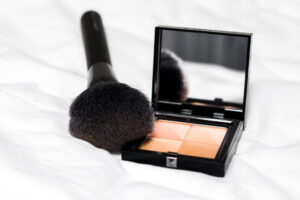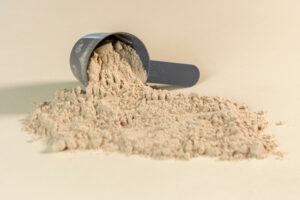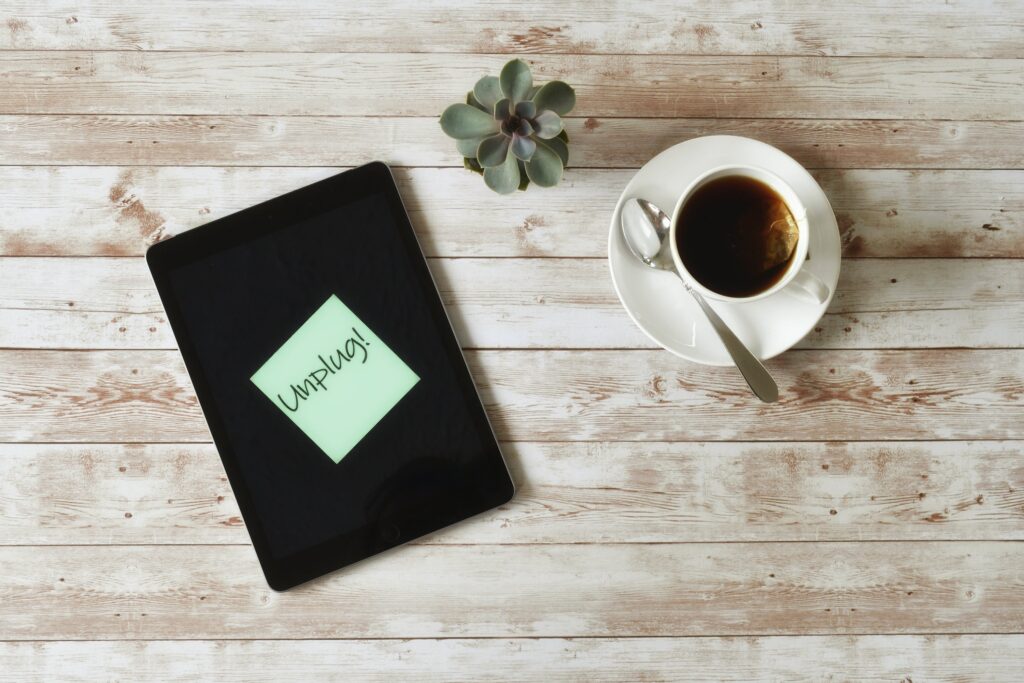It’s easy to become overwhelmed by the constant noise of the digital world. The constant notifications, emails, and social media updates can be distracting and can negatively impact our mental health, productivity, and relationships. This is where digital detox comes in.
Digital detox is the intentional practice of taking a break from technology and finding ways to disconnect from the digital world. It offers a range of benefits, including improved mental health, increased productivity, better relationships, increased creativity, and better sleep quality.
The Benefits of Digital Detox
Excessive use of technology has been linked to mental health issues such as stress, anxiety, and depression. Being constantly connected means we are always reachable, and we are constantly bombarded with information and notifications that can be overwhelming and exhausting. Digital detox allows us to take a break from technology and focus on our mental health. It can also increase our productivity, improve our relationships, promote creativity, and improve our sleep quality.
How to Set Boundaries with Devices
Setting boundaries with devices can be a challenging task. Here are some tips to help you reduce your dependence on technology:
- Set Limits: Determine how much time you want to spend on your devices each day and set limits accordingly. Apps like Screen Time and Digital Well-being can track your usage and set time limits.
- Turn Off Notifications: Notifications are a constant distraction and can be hard to ignore. Turn off notifications for apps that are not essential and prioritize those that are important.
- Create Tech-Free Zones: Designate certain areas of your home or workplace as tech-free zones. This could be your bedroom, the dinner table, or your workspace.
- Schedule Tech-Free Time: Set aside time each day or week when you disconnect from technology completely. This could be a few hours in the evening or an entire day on the weekend.
Creating Tech-Free Zones
Creating tech-free zones in your home or workplace can help you disconnect from technology and be more present in the moment. For instance, your bedroom can be designated as a technology-free zone. Remove all devices, including your phone, computer, and TV, and instead, focus on relaxing activities like reading or meditation.
Similarly, you can make mealtime a tech-free zone. Turn off the TV and put away your phone. This will allow you to focus on the food and the company you’re with.
You can also create a space in your living room that is designated for socializing and conversation. Remove all distractions, including TVs and other devices. This will allow you to connect with friends and family on a deeper level.
If you work from home, create a workspace that is technology-free. Remove all distractions, including your phone and social media. This will allow you to focus on your work and be more productive.
Disconnecting from Technology
When we’re not scrolling through social media or checking our email, we might find ourselves at a loss for what to do. Here are some ideas for activities to do instead of using technology:
- Go for a Walk: Walking is a great way to clear your mind and get some fresh air. Leave your phone at home and enjoy the scenery.
- Read a Book: Reading is a great way to relax and escape from the world around you. Choose a physical book or e-reader that doesn’t have any distractions, such as notifications or social media.
- Practice Mindfulness: Mindfulness is a way of being present in the moment and focusing on your breath and your surroundings. You can practice mindfulness through meditation, yoga, or simply sitting quietly and observing your thoughts. By focusing on the present moment, you can reduce stress and anxiety and improve your overall well-being.
- Pursue a Hobby: Find a hobby that doesn’t involve technology, such as painting, gardening, or playing an instrument.
- Write in a Journal: Writing in a journal is a great way to reflect on your thoughts and feelings. You can write about your day, your goals, or anything else that comes to mind. Writing can help you process your emotions and gain a deeper understanding of yourself.
- Cook or Bake: Cooking or baking can be a therapeutic activity that allows you to focus on the task at hand. Plus, you get to enjoy the delicious results at the end! Cooking or baking can also be a social activity that you can share with friends and family.
- Spend Time in Nature: Spending time in nature can help you disconnect from technology and reduce stress. Take a hike, go camping, or simply sit outside and enjoy the beauty around you. Research has shown that spending time in nature can improve mood, reduce anxiety, and improve cognitive function.
- Volunteer: Volunteering is a great way to give back to your community and connect with others. You can volunteer at a local shelter, food bank, or other non-profit organization. Volunteering can help you feel more connected to your community and give you a sense of purpose.
- Exercise: Exercise is a great way to reduce stress and improve your overall health. Whether it’s going for a run, lifting weights, or taking a yoga class, exercise can help you disconnect from technology and focus on your physical and mental health.
- Travel: Traveling allows you to experience new cultures and gain new perspectives. Whether it’s a weekend road trip or a month-long adventure, traveling can help you disconnect from technology and gain a deeper understanding of yourself and the world around you.
Tips for Incorporating Digital Detox into Your Life
Incorporating digital detox into your life can be challenging, but it’s worth it. Here are some tips to help you get started:
- Start small: Don’t try to completely disconnect from technology all at once. Start by setting small goals, like turning off notifications or designating a tech-free zone.
- Make it a habit: Incorporate digital detox into your daily routine. Set aside time each day or week to disconnect from technology.
- Be patient with yourself: It’s okay to slip up occasionally. Don’t beat yourself up if you check your phone during a designated tech-free time. Remember, digital detox is a process.
- Find what works for you: Everyone is different, so find a digital detox strategy that works for you. Experiment with different activities and boundaries until you find what works best for you.
Final Thoughts
Digital detox is an essential practice that can improve mental health, productivity, and relationships. By setting boundaries with technology, creating tech-free zones, and engaging in screen-free activities, we can take control of our lives and find peace and relaxation in the offline world. Remember, it’s not about completely disconnecting from technology but rather finding a healthy balance that works for us. By incorporating some of the tips and activities mentioned in this article, we can all take steps towards a healthier and more fulfilling life.









Reader Interactions